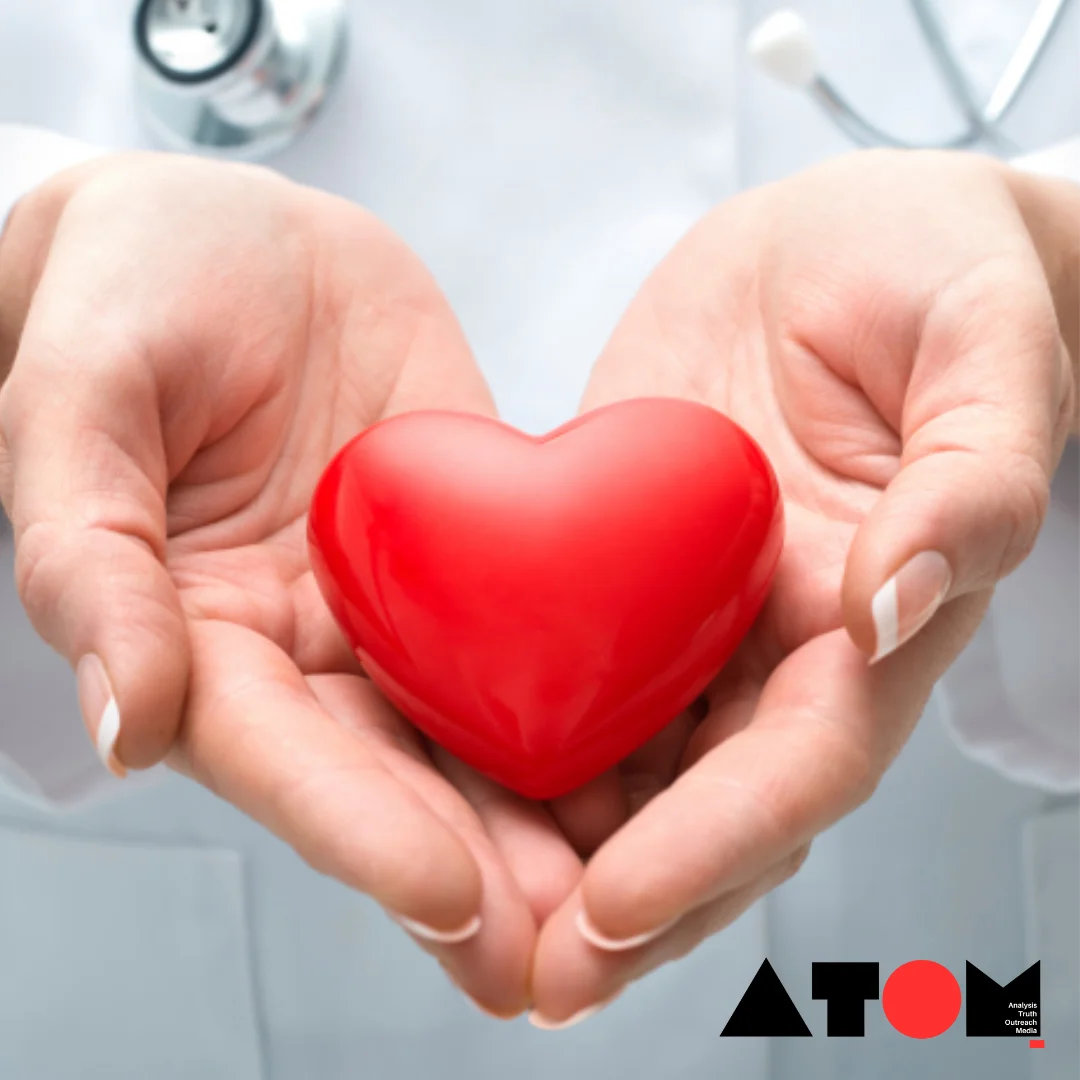Navigating the Risks of Heat-Induced Heart Attacks
As temperatures rise, it’s critical to understand the possible impact of excessive heat on cardiovascular health. Dr. Ranjan Shetty, HOD and Consultant in Interventional Cardiology at Manipal Hospital in Bengaluru discusses the link between high temperatures and the incidence of heart attacks, providing useful insights into preventive measures and risk mitigation tactics.
The Physiological Impact of Extreme Heat
While winter dominates concerns about heart health, summer presents its own set of challenges. Elevated temperatures cause the body to work harder to control its internal temperature, resulting in an increased basal metabolic rate (BMR). This increased metabolic activity puts additional strain on the heart, as if it were continually functioning in overdrive.
Adaptation and Vulnerability
Individuals with healthy hearts can usually tolerate high temperatures, but those with underlying problems have increased risks. Dr. Shetty emphasizes the need to understand how excessive heat affects blood pressure, circulation, and overall cardiovascular health. The combination of high temperatures and humidity causes physiological responses to dissipate heat. Increased blood flow to the skin promotes heat exchange, but it also raises the heart rate and blood pressure. Prolonged exposure to these conditions can cause blood vessel walls to harden and eventually block, resulting in heart attacks.
Dehydration Dangers
Excessive sweating in hot weather can cause dehydration, aggravating the cardiovascular strain. Reduced blood volume and higher viscosity increase the likelihood of blood clots, predisposing people to heart attacks and strokes. Sweating can cause electrolyte imbalance, affecting vital minerals such as salt, calcium, and potassium. Dr. Shetty emphasizes the importance of these minerals in sustaining heart function, highlighting the risk of arrhythmias and sudden cardiac arrest in cases of imbalance.
Medication Considerations
Individuals taking heart medications have additional hurdles in severe heat. Certain drugs, such as beta-blockers and diuretics, might impair the body’s capacity to regulate temperature and fluid balance, worsening heat-related disorders. Certain demographic groups, such as elderly persons, people with pre-existing heart ailments, and those who are overweight or obese, are more vulnerable to heat-related health problems. Dr. Shetty emphasizes the need for targeted preventive strategies for these populations.
Guidance from the American Heart Association
To reduce the hazards associated with excessive heat, the American Heart Association provides practical advice and a complete checklist. Individuals who follow these instructions can proactively protect their heart health during hot and humid weather. As temperatures rise, awareness and preventive actions are critical for protecting heart health in the face of excessive heat. Dr. Ranjan Shetty’s observations offer helpful advice for people looking to reduce the incidence of heat-induced heart attacks, highlighting the significance of awareness, adaption, and preventive action.
Read more: Marketing News, Advertising News, PR and Finance News, Digital News





